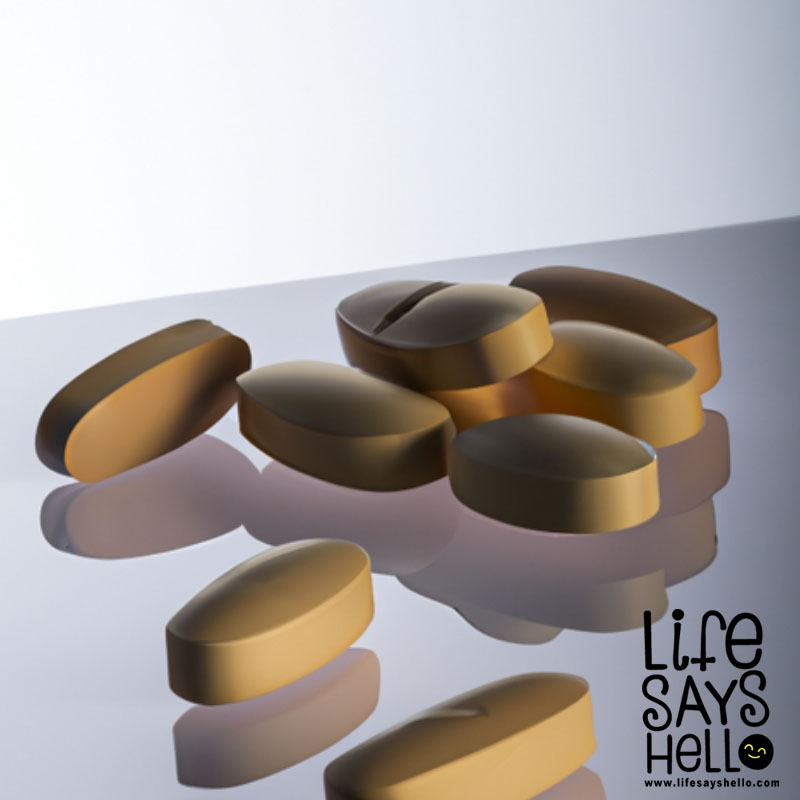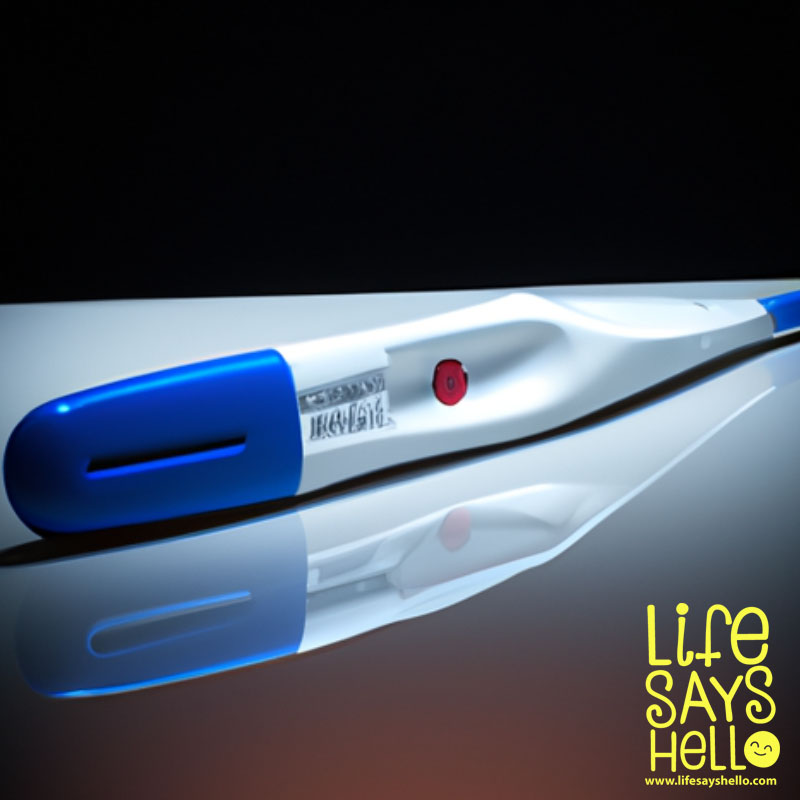What Can I Drink After Tooth Extraction? A Comprehensive Guide to Safe Beverages for a Smooth Recovery

Are you wondering what you can drink after a tooth extraction? Look no further! In this comprehensive guide, we will explore the best and safest beverages to consume during your post-extraction recovery period. By following these tips, you'll be well on your way to a smooth and complication-free healing process.
Tooth extraction, whether it's due to a problematic wisdom tooth or a severely damaged tooth, is a common dental procedure. While it's essential to address these dental issues, it's equally important to follow your dentist's post-extraction care instructions to ensure a smooth recovery. One crucial aspect of these instructions is knowing what you can and cannot drink after tooth extraction. In this guide, we'll dive into the best beverages to consume and those to avoid, so you can heal quickly and comfortably.
Why Is It Important to Be Careful About What You Drink After Tooth Extraction?
After a tooth extraction, your body needs time to heal and recover. The healing process involves the formation of a blood clot at the extraction site, which protects the exposed bone and nerves. This blood clot is essential for preventing complications such as dry socket and infection.
Certain beverages can interfere with the healing process or cause discomfort during recovery. For example, hot or acidic drinks can dissolve the blood clot or irritate the extraction site, leading to complications and delayed healing. Therefore, it's crucial to be mindful of your beverage choices during the post-extraction period.
Safe Beverages to Drink After Tooth Extraction
1. Water
Staying hydrated is essential for optimal healing after tooth extraction. Drinking water can help flush out bacteria from your mouth, reduce swelling, and promote the formation of new tissue at the extraction site.
Tips for drinking water safely:
- Sip water slowly to avoid dislodging the blood clot.
- Do not use a straw, as the suction can disturb the blood clot and cause dry socket.
- Drink room temperature or slightly cool water, as extreme temperatures can cause discomfort.
2. Milk and Non-Dairy Milk Alternatives
Milk and non-dairy milk alternatives are excellent options for staying hydrated and providing essential nutrients for healing after tooth extraction. These beverages are gentle on the extraction site and can be consumed at room temperature or slightly cool.
Non-dairy milk alternatives:
- Almond milk: Rich in calcium and vitamin D, almond milk can promote bone health and healing.
- Soy milk: Packed with protein, soy milk can support tissue repair and recovery.
- Oat milk: With its soothing properties, oat milk can provide comfort to the extraction site while offering essential nutrients.
3. Herbal Tea (Lukewarm or Cold)
Herbal teas are a comforting and soothing option for post-tooth extraction recovery. Certain herbal teas, such as chamomile and peppermint, have anti-inflammatory and pain-relieving properties that can aid in the healing process.
Tips for safely consuming herbal tea:
- Allow the tea to cool down to a lukewarm or cold temperature before drinking, as hot beverages can disrupt the healing process.
- Sip the tea slowly and avoid using a straw.
- Choose herbal teas without caffeine, as caffeine can cause dehydration and slow down the healing process.
4. Fruit Juice (Diluted)
Diluted fruit juice can provide essential vitamins and minerals to support healing after tooth extraction. However, undiluted fruit juice can be too acidic and may irritate the extraction site. By diluting the juice, you can enjoy the benefits without causing discomfort.
Suggestions for suitable fruit juices and dilution ratios:
- Apple juice: Dilute with an equal amount of water for a gentle, vitamin-rich beverage.
- Pear juice: Mix with a 1:1 ratio of water to enjoy the soothing properties of pear juice without the acidity.
- Grape juice: Combine with water at a 2:1 ratio (juice to water) for a nutrient-dense option that's gentle on the extraction site.
5. Smoothies (Without Seeds and Consumed with a Spoon)
Smoothies are a delicious and nutritious option for post-tooth extraction recovery. They can provide hydration, vitamins, minerals, and protein to support healing. However, it's essential to avoid seeds and sip your smoothie with a spoon to prevent complications.
Tips for making and consuming smoothies safely:
- Use seedless fruits or strain the smoothie to remove seeds, as they can become lodged in the extraction site and cause irritation.
- Blend the smoothie with milk or a non-dairy milk alternative for added nutrients and a smoother consistency.
- Consume the smoothie with a spoon instead of a straw to avoid dislodging the blood clot.
Beverages to Avoid After Tooth Extraction
1. Hot Beverages
Hot beverages, such as coffee, tea, or hot chocolate, can disrupt the healing process after tooth extraction. The heat can cause the blood vessels to dilate, potentially dislodging the blood clot and leading to complications like dry socket or infection. It's best to avoid hot drinks until your dentist gives you the green light.
2. Carbonated Drinks
Carbonated beverages, like soda or sparkling water, can pose a risk to the healing process after tooth extraction. The bubbles in these drinks can dislodge the blood clot and irritate the extraction site, increasing the risk of complications. Stick to non-carbonated options during your recovery period.
3. Alcoholic Beverages
Alcohol can interfere with the healing process after tooth extraction in several ways. It can dehydrate your body, slow down tissue repair, and interact with pain medications prescribed by your dentist. Additionally, alcohol can irritate the extraction site and increase the risk of infection. It's best to avoid alcoholic beverages until you've fully recovered.
4. Acidic Beverages
Acidic drinks, such as citrus juices or tomato juice, can irritate the extraction site and delay healing after tooth extraction. The acidity can erode the protective blood clot and expose the underlying bone and nerves, causing discomfort and increasing the risk of complications. Opt for non-acidic beverages during your recovery period.
Conclusion
Choosing the right beverages after tooth extraction is essential for a smooth and complication-free healing process. By following the guidelines outlined in this guide and adhering to your dentist's post-extraction care instructions, you'll be on the road to recovery in no time. Remember, prioritizing your oral health is crucial for maintaining a healthy and happy smile.




Comments